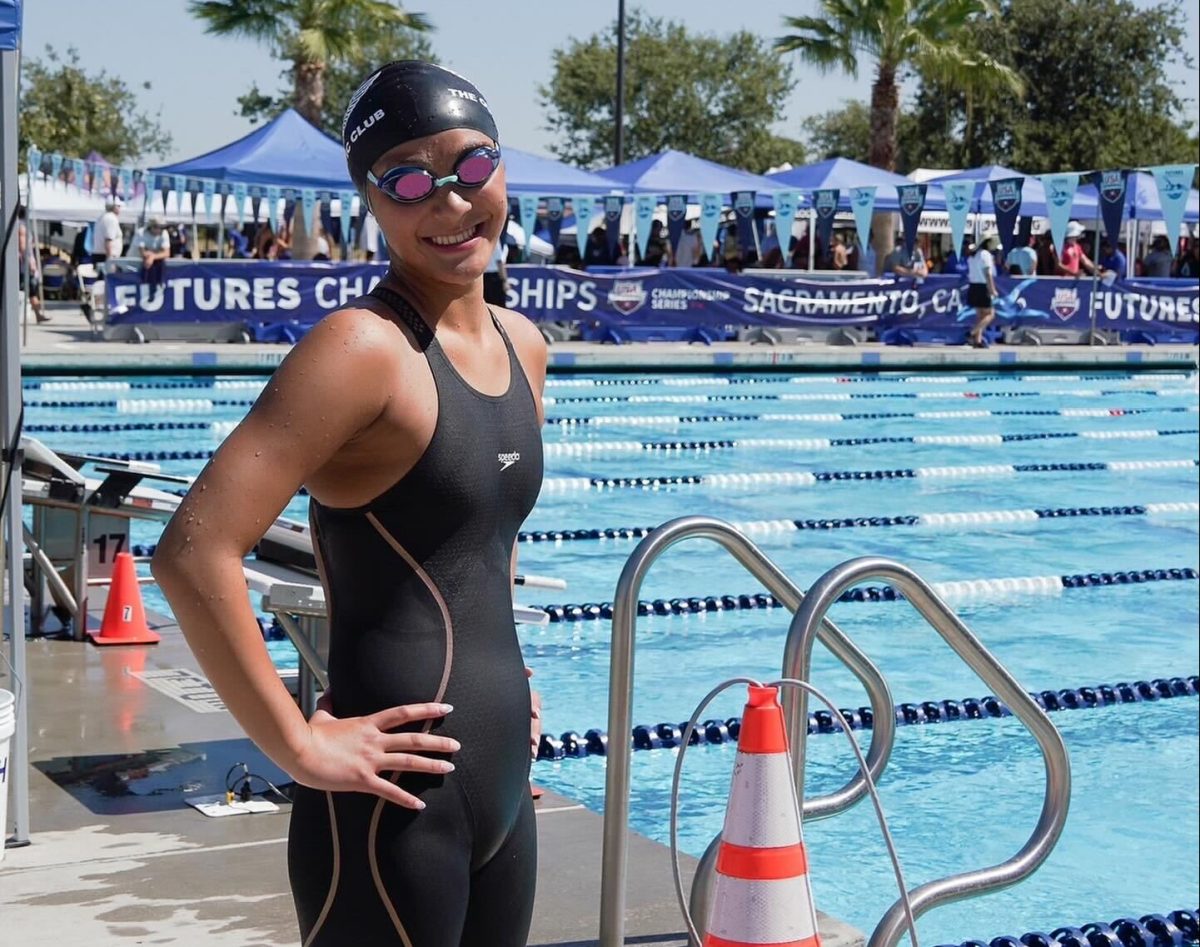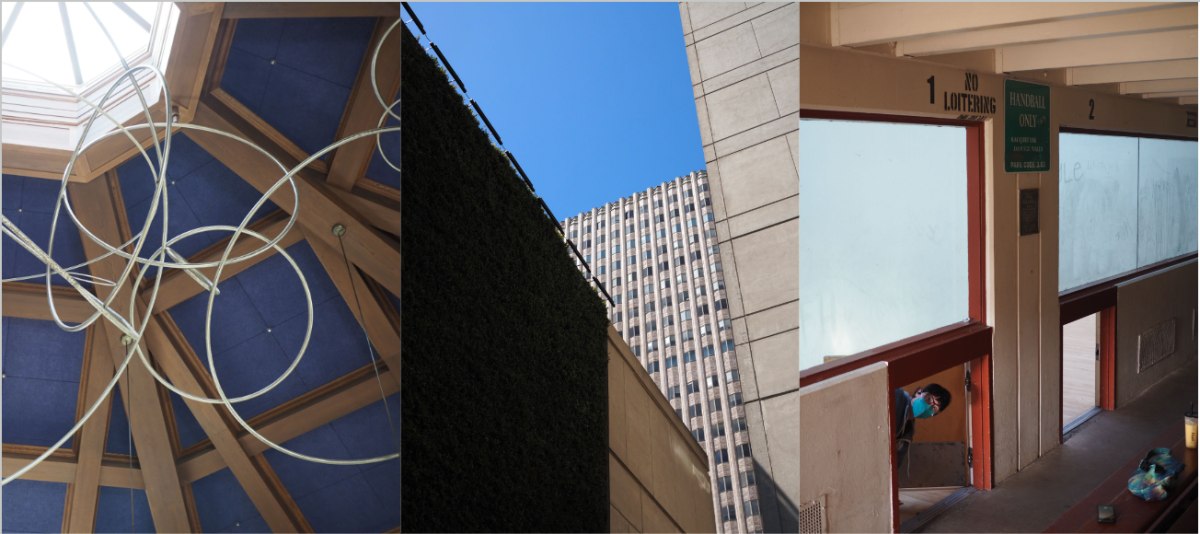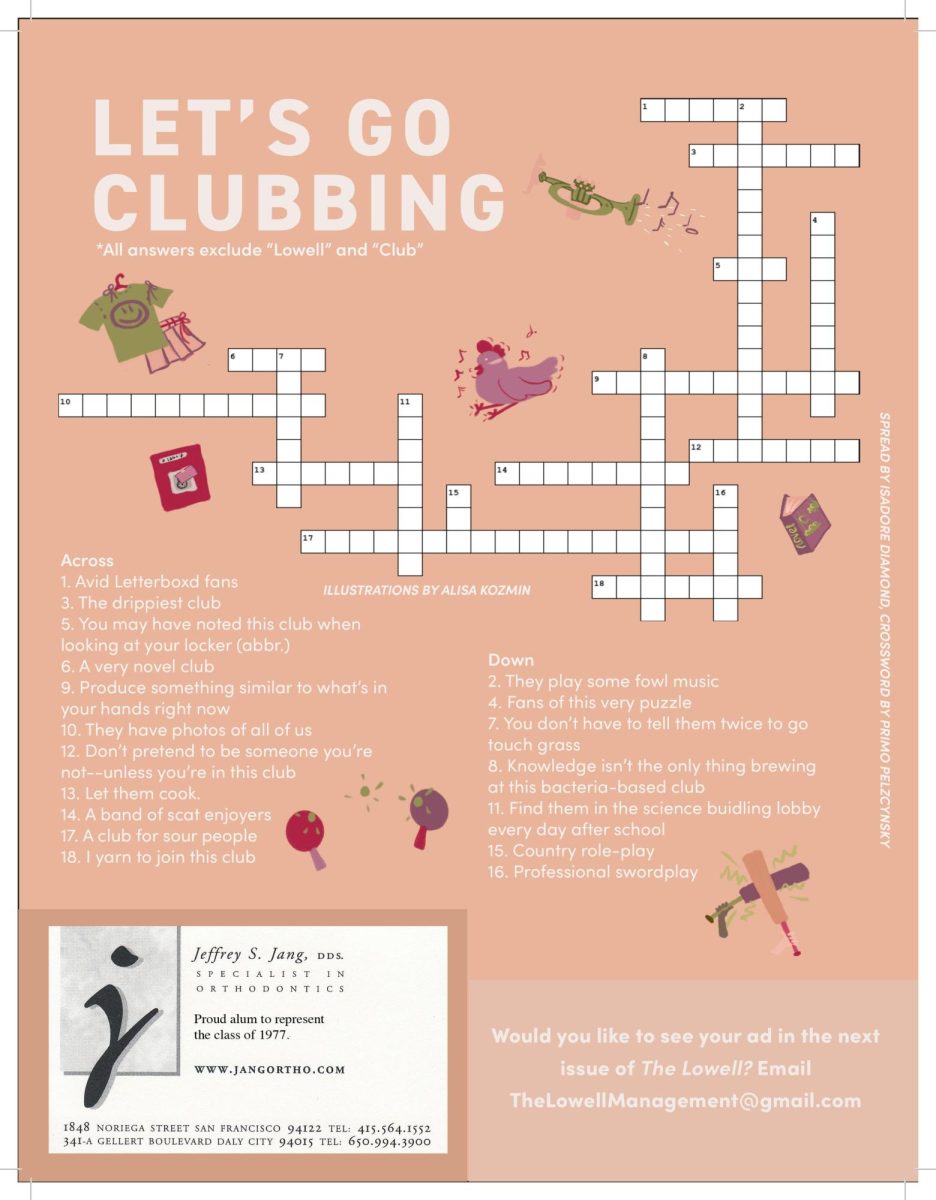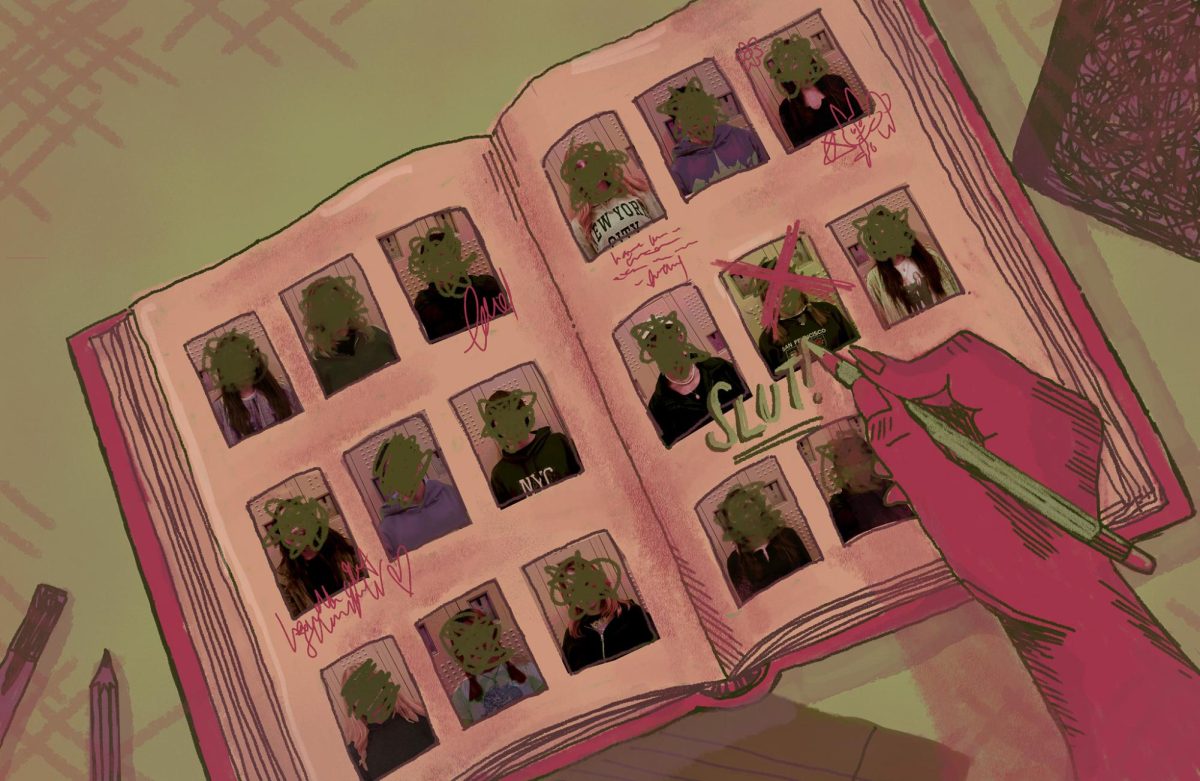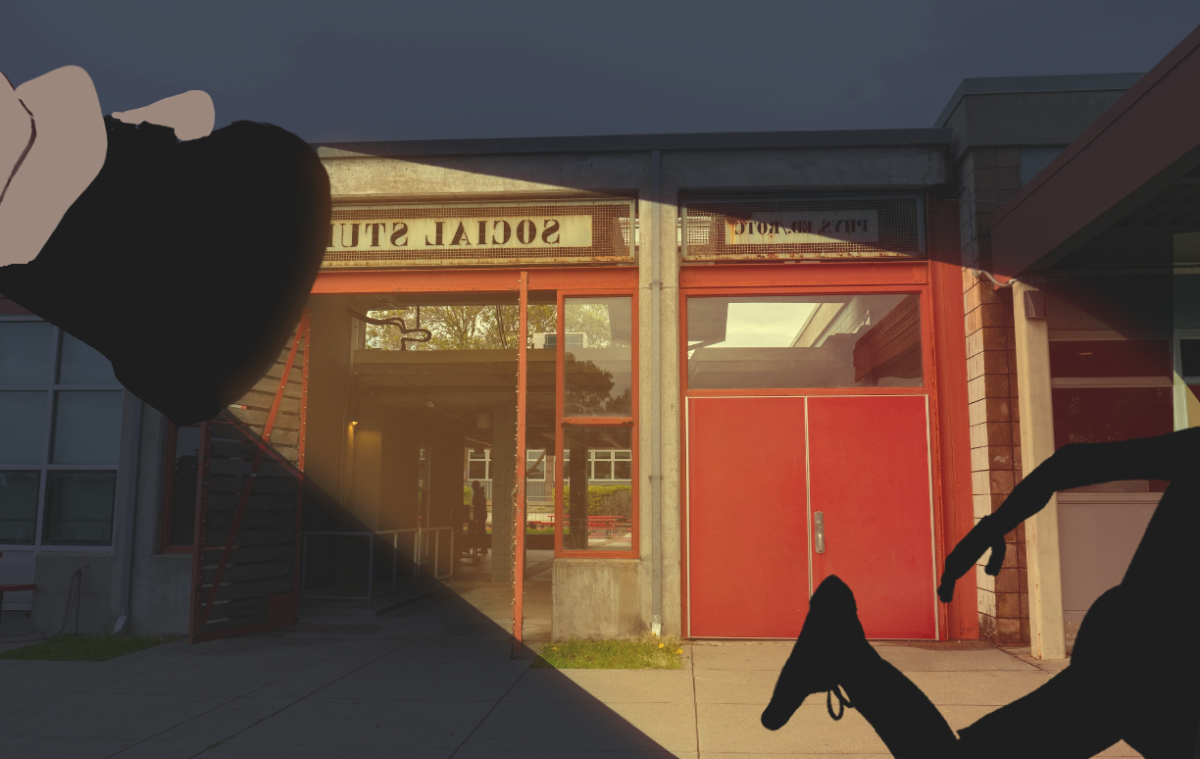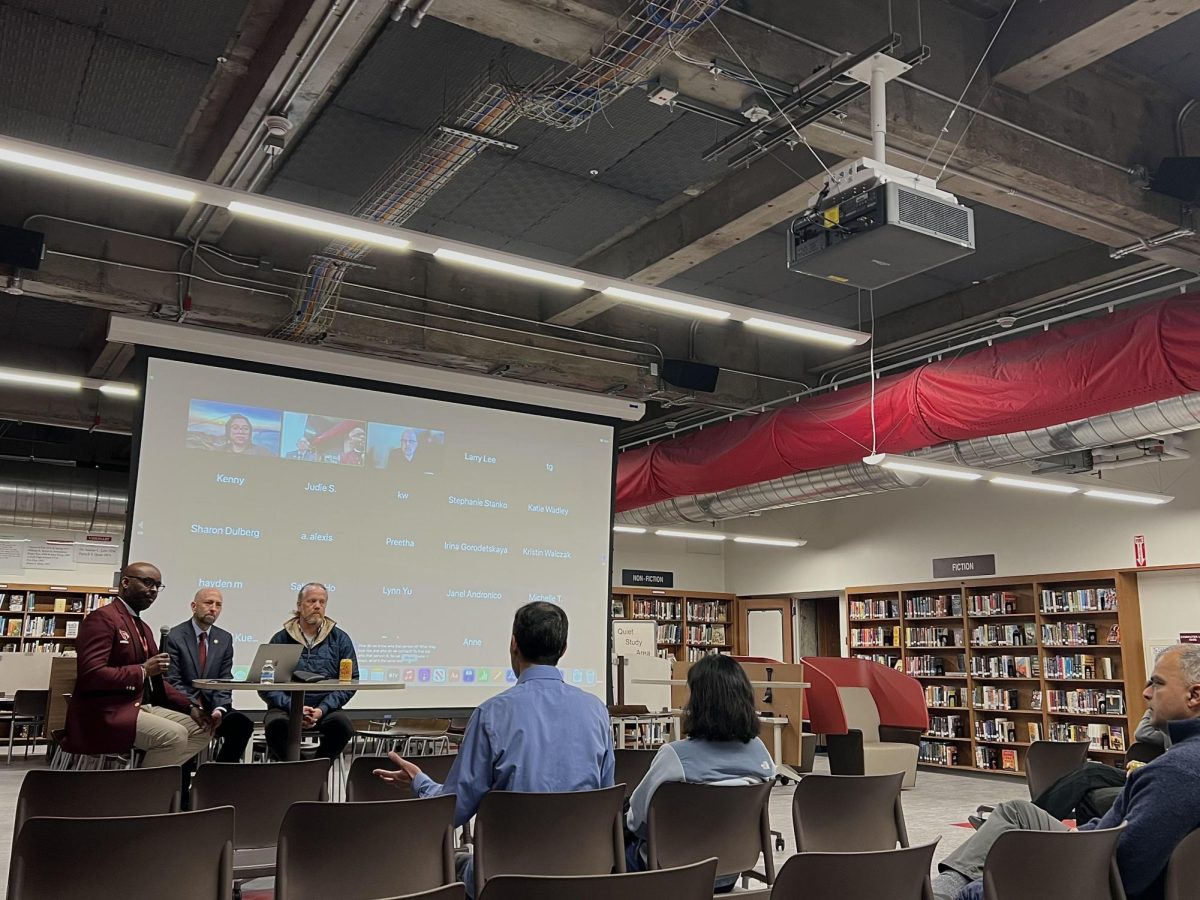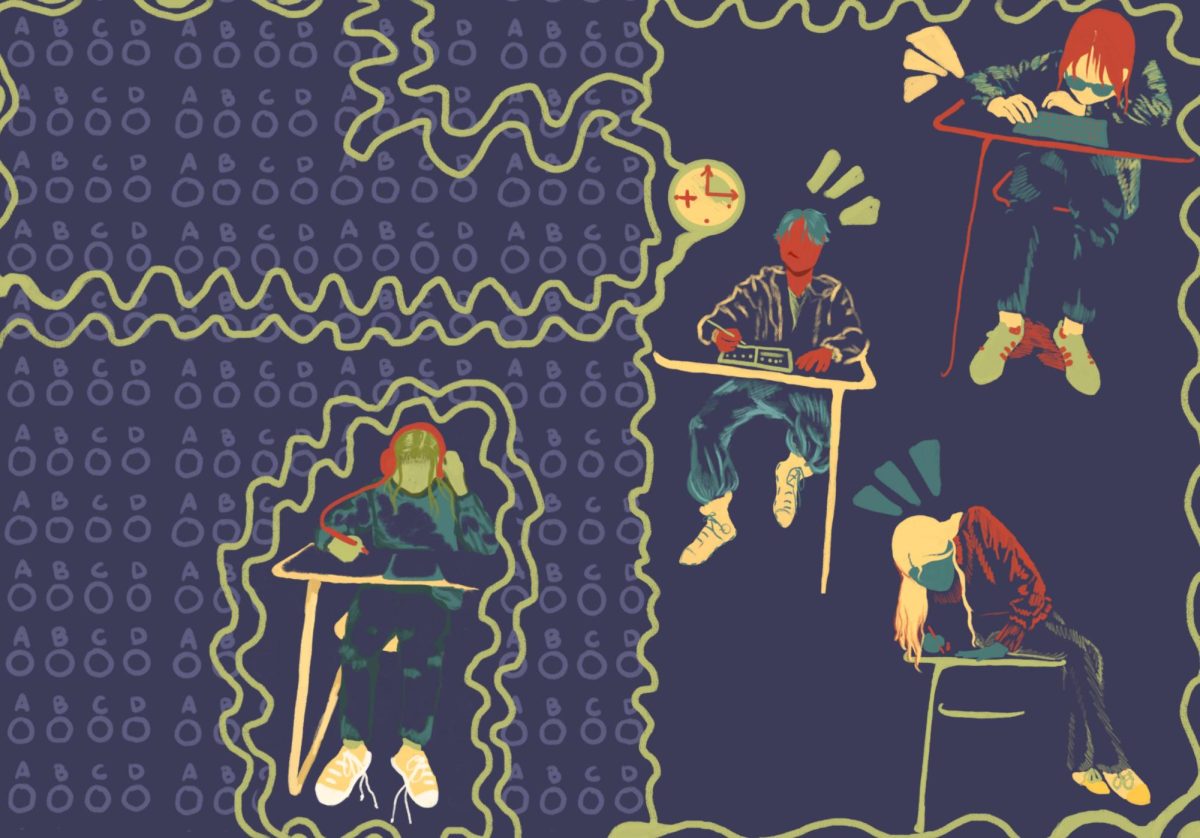Originally published on May 8, 2015
Chess club president sophomore Otto Schmidt was apprehensive before the match. “I’ve been playing chess ever since I was a kid,” he said. “But today I’m going to lose.” This is how Schmidt and many other players felt when they were about to take on the top-ranked female chess player in the state.
“I’ve been playing chess ever since I was a kid. But today I’m going to lose.”
Twenty-five-year-old Grandmaster Uyanga Byambaa, a native of Mongolia, visited the school on Feb. 27 to simultaneously play chess against eighteen people. After three hours, only three players out of eighteen remained standing. “There were no survivors,” chess club sponsor and retired math teacher Patrick Fahey said. “The three students were already in completely losing positions, so they resigned instead of playing until checkmate — a sign of respect in chess.”
The game was set up with the tables lined up in a rectangular fashion, with Byambaa in the center so she could easily rotate from board to board.
Other players had similar mindsets about anticipated defeat before playing the Grandmaster. “I really like chess, and being here is cool, even if I don’t really go to chess club,” senior Amelia Lee said. “Hopefully I can learn something today, even if I know there’s no way I’ll win.”
Byambaa has also learned a lot from countless chess games and losses. Her love for playng has largely affected her life and taught her discipline. “What I love most about chess is thinking,” Byambaa said. “It’s this power going on in my head, critical thinking, trying to solve problems, trying to see ahead and outsmarting your opponent. Thinking can help me make better decisions.”
One of her goals and a goal of having the chess simul at Lowell was to encourage more girls to play chess and join the Lowell Chess Club. “There are very few female chess masters in the country, probably around 20,” she said. “I agreed to come here to play because some people think high school is too late to start playing chess — but that’s not true, especially for girls. I didn’t play when I graduated from high school because I took off three years to go to college, but when I came back to play I improved so much.”
“I didn’t play when I graduated from high school because I took off three years to go to college, but when I came back to play I improved so much.”
In addition to participating in the game, Fahey organized the event. “This is the sixth or seventh simul I’ve organized,” he said. In the past events that Fahey has arranged, Grandmasters such as Dmitry Zilberstein and Nick DeFermian have come to the school to play. He and Byambaa first met at the Mechanics’ Institute Library and Chess Room, a historic library, cultural event center and chess club, during a Wednesday night masters’ chess tournament.
Byambaa currently attends Laney College and came from Mongolia to the States in 2009 to obtain a better education. Her father taught her how to play chess when she was 12 years old. She first began her journey to earning the title of “Chess Grandmaster” in 2011, when she won the Woman FIDE Master, otherwise known as the Woman World Federation of Chess Master title. It requires a rating of over 2100, a number calculated by the number of tournaments and opponents of different levels played, along with the number of wins, losses and draws. In order to be labeled a National Chess Master, Byambaa needed to earn a rating of over 2200, which she did later, in August of 2011, for United States Chess Federation.
Now Byambaa has been the top-ranked female chess player in California for about seven months.


